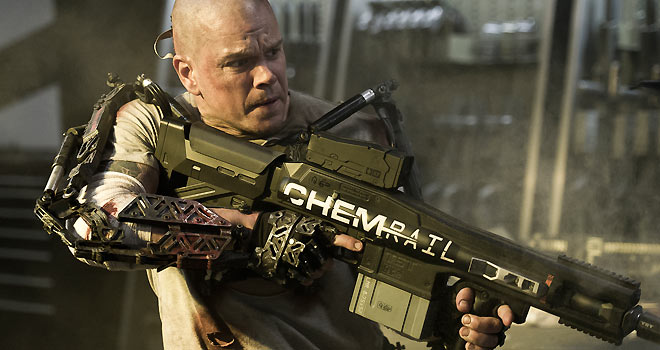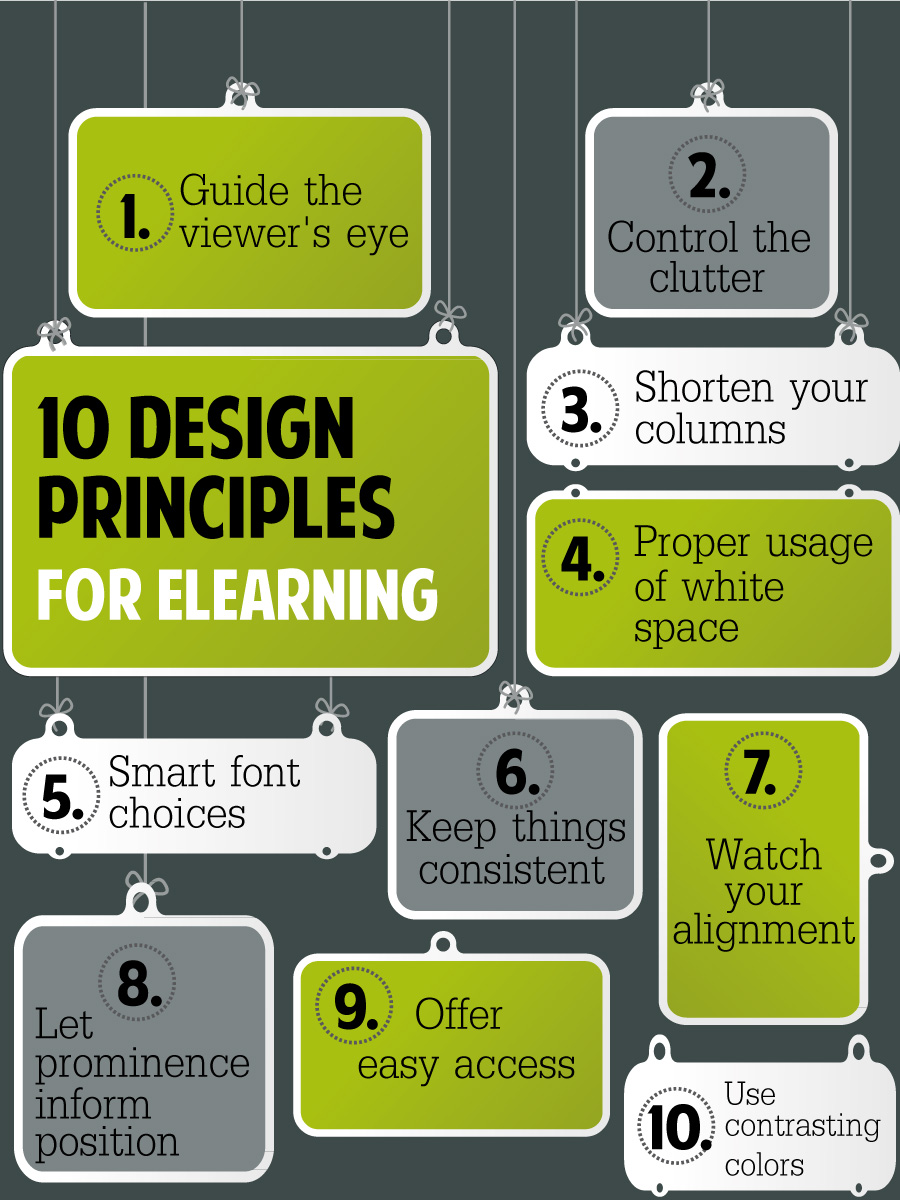
We often look at mega-stars, seeing their glamorous lives, their blockbuster movies, their chart-topping albums, and their picture-perfect families. It’s easy to assume that fame and fortune erase all personal troubles, creating an idyllic existence where every relationship thrives. However, beneath the polished surface of celebrity, many stars grapple with the same complex, often heartbreaking, family dynamics that affect us all. In fact, sometimes, the very glare of the spotlight can exacerbate these issues, turning private pain into public spectacle.
Today, we’re pulling back the curtain on a deeply personal aspect of celebrity life: the decision some mega-stars have made to sever ties with their families. This isn’t just about minor disagreements or occasional feuds; these are profound, long-standing estrangements born from a myriad of painful experiences. From allegations of abuse and neglect to public betrayal and fundamental philosophical differences, the reasons these stars have chosen to keep their distance are as varied as their careers.
Prepare to uncover the often-shocking truths behind these fractured family bonds. We’re going to dive into the stories of stars who have, for deeply personal and often agonizing reasons, decided that the best path forward for their well-being, and sometimes even their children’s, is to cut off communication with the very people who gave them life or raised them. These are the untold stories of resilience, pain, and the difficult choices made when family ties become too toxic to maintain.
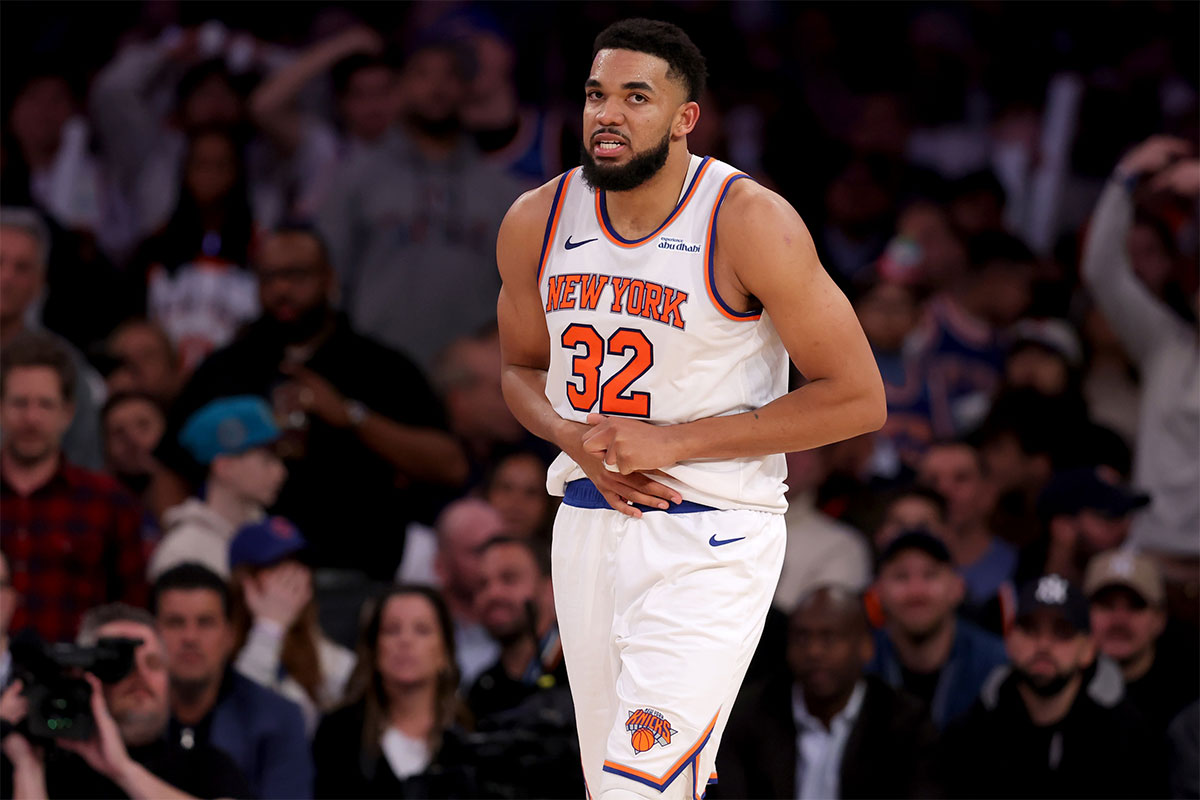
1. **Anthony Hopkins: An Unflinching Stance on Estrangement**Sir Anthony Hopkins, a name synonymous with cinematic brilliance and commanding performances, carries a deeply personal and surprisingly stark truth about his family life. While his on-screen presence is often filled with profound emotion, his relationship with his only child, daughter Abigail Hopkins, tells a different, more detached story. It’s a tale that has unfolded over decades, leaving many to wonder about the nature of such a complete severance of familial ties, especially from a father who has openly expressed a lack of desire for reconciliation.
Abigail Hopkins, born in 1968 to Hopkins and his first wife Petronella Barker, experienced an early and profound absence from her father’s life. According to The Telegraph, Hopkins ended his connection to his young daughter before his marriage to Barker concluded in 1972. As Abigail herself shared in a 2006 interview with The Telegraph, she “infrequently saw her father when she was a child,” painting a picture of a distant, sporadic relationship rather than a nurturing bond. There was a brief, hopeful reunion when he cast her in cameos for films like “Remains of the Day” and “Shadowlands,” but this flicker of connection was short-lived.
The public became acutely aware of the depth of this estrangement through Hopkins’ own candid, almost chilling, admissions. In a 2018 interview with the Radio Times, the actor made it abundantly clear he had “no intention of reconciling with his only daughter.” His words were unflinching: “People break up. Families split, and you know, ‘Get on with your life.’ People make choices. I don’t care one way or the other.'” This statement, delivered with a stark clarity, left little room for misinterpretation regarding his feelings on the matter.
Further elaborating on his philosophy of detachment, Hopkins told The Times, as reported by People, “I’ve got no blame. People do what they do. And I don’t understand it, and it doesn’t bother me. I can’t waste my time worrying about it. And I’m not cold, I’m just thinking, ‘Oh well, that’s the way it is.'” His stance, though perplexing to some, reveals a deliberate choice to disengage from emotional entanglement, prioritizing his own peace over a potentially difficult reconciliation. This unwavering position, even extending to not knowing if he is a grandfather, truly underscores a complete and decisive break.

2. **Keanu Reeves: The Lingering Trauma of a Father’s Absence**Keanu Reeves, a beloved figure in Hollywood known for his thoughtful demeanor and quiet intensity, carries a deeply personal wound from his childhood: the abandonment by his father. His story is a poignant reminder that even those who achieve immense success can bear the scars of early trauma. The lack of a paternal presence shaped much of his formative years, leaving an impact that he has openly acknowledged as significant, even if he grapples with fully articulating its extent.
Samuel Nowlin Reeves Jr., Keanu’s father, left the family when the “John Wick” star was just three years old. By the time Keanu turned 13, Samuel had effectively removed himself from the lives of his children entirely. This profound absence during crucial developmental years clearly left a void. Reflecting on this experience with The Guardian, Keanu candidly stated, “I think it’s definitely traumatizing.” He acknowledged the difficulty in measuring the precise impact, adding, “But it’s hard to know how [it affected me] because I don’t know what the other life would have been, you know what I mean?”
Despite the long years of estrangement, there was one recorded attempt by Samuel to reconnect with his famous son. Keanu revealed that his father reached out in the mid-1990s, a period when Keanu’s star was firmly on the rise. However, the anticipated reunion never materialized. When asked why he didn’t respond to his father’s attempt, Keanu offered a simple, almost enigmatic explanation: “I just didn’t,” he stated, lacking a clear, elaborate reason for his decision to maintain the distance. This quiet refusal speaks volumes about the deep-seated emotional barriers that had formed over the decades.
The finality of their separation came in 2018 with Samuel’s passing at the age of 76. For Keanu, the choice not to reconnect highlights the complex emotional landscape of abandonment and the difficult path of self-preservation. It speaks to the silent strength required to protect oneself from further hurt, even when faced with the ghost of a past relationship. His story resonates with anyone who has had to make the tough decision to close a chapter on a painful familial connection, choosing peace over a potentially damaging reunion.
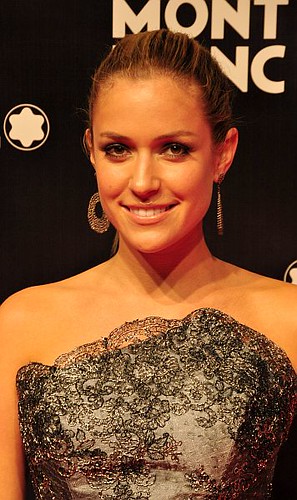
3. **Kristin Cavallari: Drawing a Line for Her Children’s Sake**Kristin Cavallari, known for her reality television presence and entrepreneurial endeavors, recently made headlines for her deeply personal decision to cut ties with her father, Dennis. In a world where family connections are often idealized, Cavallari’s candid admission on her “Let’s Be Honest” podcast in 2023 offered a raw and relatable perspective on the necessity of severing toxic bonds. For her, this wasn’t merely a strained relationship; it was a necessary break for her own well-being and, crucially, for the protection of her children.
Cavallari revealed that she hadn’t spoken to her dad in “about two years,” and her declaration regarding this estrangement was unequivocal. As reported by the Daily Mail, she proclaimed it “[has] honestly been the best thing I’ve ever done.” This powerful statement underscores the profound relief and positive impact that this difficult decision had on her life. While she chose not to delve into every detail of the fallout, she openly shared a significant realization that fueled her choice: she recognized her father as a narcissist following a critical disagreement.
The tipping point, as Cavallari recalled, came when her children became involved. “How I got my dad out of my life was something happened with my kids and it crossed the line,” she remembered. This moment, where boundaries were undeniably breached concerning her children, solidified her resolve. She had tolerated personal “abuse” throughout her life, stating, “I was always like, ‘I can take it … I can take the abuse.’ I have my whole life.” However, the involvement of her kids shifted everything, leading to her resolute declaration: “But it’s like when you start now messing with my kids, I’m not doing it.”
Her journey of understanding her father’s behavior as narcissistic didn’t fully coalesce until adulthood, highlighting how deeply ingrained and often normalized such family dynamics can be. Kristin’s story is a powerful testament to the protective instinct of a parent and the strength it takes to prioritize a safer, healthier environment for one’s family, even if it means cutting ties with a biological parent. It’s a brave and definitive step, one that she clearly views as a pivotal moment of self-preservation and liberation.

4. **Macaulay Culkin: The Brutal Reality Behind Child Stardom**Macaulay Culkin, the iconic child star who charmed audiences worldwide in “Home Alone,” lived a starkly different reality behind the scenes. His meteoric rise to fame at a young age brought not only immense success but also intense familial strife, marked by a deeply abusive relationship with his father, Christopher Cornelius “Kit” Culkin. The public persona of the lovable mischievous child masked a home life plagued by mental and physical abuse, forcing Macaulay to take drastic measures to escape his situation.
From the very beginning of his stardom, the relationship between Macaulay and his father was tumultuous. In a 2018 interview on WTF With Marc Maron, Culkin painfully recalled his father’s menacing words and actions. He remembered Kit telling him, “‘Do good or I’ll hit you,’” a chilling insight into the constant pressure and fear he endured. He didn’t shy away from describing the full extent of his father’s cruelty, stating, “He was a bad man. He was abusive, physically and mentally — I can show you all my scars if I wanted to.” The impact of such a childhood left indelible marks, both visible and invisible.
Culkin also shed light on the underlying tension: his father’s deep-seated jealousy. Kit Culkin, himself an aspiring actor who never reached significant heights, watched his young son achieve global stardom before the age of ten. Macaulay articulated this painful dynamic, explaining, “Everything he tried to do in life, I excelled at before I was 10 years old.” This parental envy created an environment of competition and resentment, rather than support and celebration, further poisoning their relationship.
The breaking point for Macaulay came when he was just 14. He informed his parents that “Richie Rich” would be his final movie, signaling his desire to step away from the grueling demands of child acting and, implicitly, from his father’s control. Unsurprisingly, Kit did not take this well. The situation escalated to the point where Macaulay had to sue his own father to gain access to his hard-earned earnings. He learned to read court papers at 14, a testament to the extraordinary legal battle he undertook to secure his independence and finally escape the abuse. This definitive action marked a profound and necessary separation from a toxic family environment.
The raw truths we’ve uncovered so far are just the tip of the iceberg when it comes to the intricate, often painful, relationships celebrities navigate with their families. Sometimes, the pursuit of fame or the overwhelming glare of the spotlight can push these already strained bonds to their absolute breaking point, leading to public betrayals and exploitation that leave deep, lasting scars. As we continue our journey, prepare to delve into more shocking revelations where family ties become entangled with the very public machinery of celebrity, forever altering lives and careers.
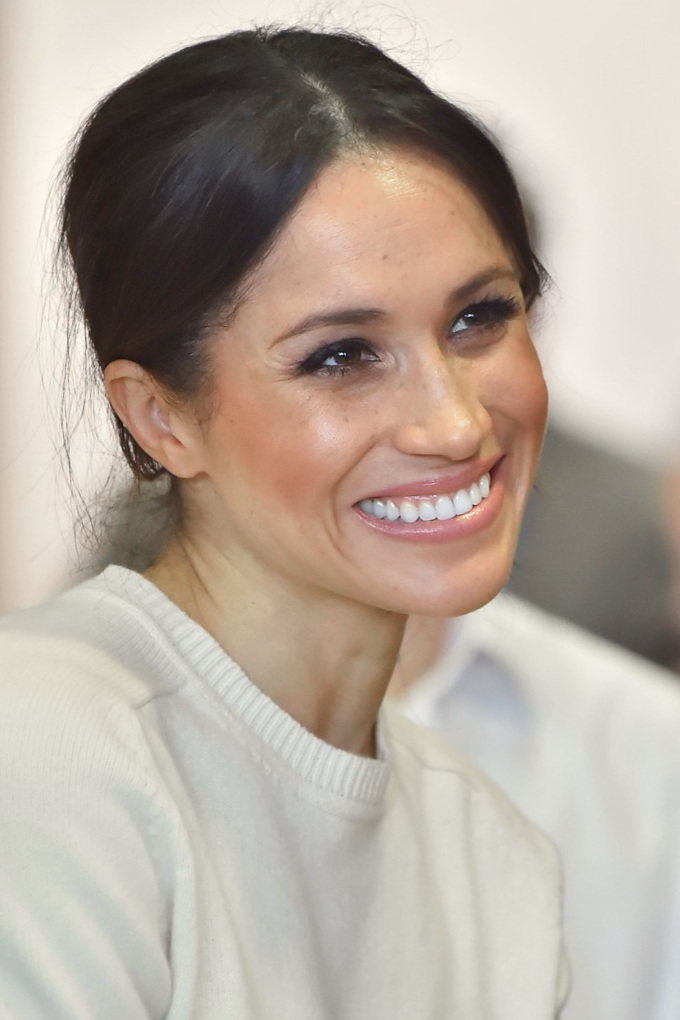
5. **Meghan Markle: The Royal Rift Fueled by Public Betrayal**Meghan Markle’s journey into the British Royal Family captivated the world, but it also brought a deeply personal drama into the harsh glare of public scrutiny: her fractured relationship with her father, Thomas Markle. While their bond was reportedly close in her childhood, with Meghan living with him from age 11, the pressures surrounding her engagement to Prince Harry spectacularly ripped their family apart, fueled by actions that felt like profound betrayals. The promise of a royal wedding seemed to unleash an unfortunate series of events that forever altered their connection.
Before the highly anticipated wedding, Thomas Markle made plans to fly to London, and he and Prince Harry had even spoken on the phone. However, instead of preparing for his daughter’s big day, he began staging paparazzi photos of himself to sell to tabloids. This wasn’t just a lapse in judgment; it was a calculated move to profit from his daughter’s newfound global fame, directly breaching her trust. The betrayal deepened when he sold personal information about Meghan, including a handwritten letter she sent him, pleading for him to stop speaking to the press. These actions turned a private family moment into a public spectacle, forcing Meghan to navigate her wedding day without her father’s presence.
Due to reported heart troubles, Thomas Markle ultimately missed the wedding, but his public commentary didn’t cease. He continued to speak sorely about Meghan in the press, lamenting her “cruel” choice to cut him out of her life. His public statements have touched on everything from “Megxit” to his grandson Archie’s role in the royal family, consistently keeping their private drama in the headlines. This continuous public airing of grievances and personal details solidified the irreparable rift, demonstrating the devastating impact of fame exploitation and public betrayal on a deeply personal relationship.

6. **Rihanna: When Family Betrayal Hits Too Close to Home**Rihanna, the global music icon and business mogul, has openly discussed her long-standing estrangement from her father, Ronald Fenty, a situation that has been fraught with both emotional pain and commercial exploitation. It’s a stark example of how celebrity can create an environment where the very people who should offer support can instead become sources of public distress and financial opportunism. Her candid revelations reveal a deep wound inflicted by a father who seemed to prioritize personal gain over his daughter’s well-being and privacy.
In a candid 2011 interview with Vogue, Rihanna articulated her profound confusion and hurt, asking, “Like, what do I even mean to him?” She expressed disbelief at her father’s “bizarre” actions, stating, “You hear horror stories about people going behind people’s backs and doing strange things, but you always think, ‘Not my family. My father would never do that to me.'” This sentiment captures the shock and devastation when a loved one crosses an unthinkable line. Her words painted a picture of a relationship scarred not just by personal issues, including his struggle with drug addiction and physical abuse of her mother, but by outright public betrayal.
The betrayal reached a critical point when, following Chris Brown’s attack on Rihanna, her father went to the press and told “a bunch of lies.” She recounted that he “never called to find out how I was doing, if I was alive, nothing. He just never called. He went straight to the press and got a check.” This was a raw, painful moment, where her father seemingly capitalized on her trauma for financial gain, cementing a deep chasm between them. The commercial exploitation continued into 2019 when Rihanna pursued legal action against him for using his last name, Fenty, in branding to falsely claim affiliation with her own wildly successful Fenty ventures. This ongoing saga illustrates the intense burden of managing familial exploitation under the intense glare of public life.

7. **Matthew McConaughey: Reclaiming Boundaries from the Public Eye**Matthew McConaughey, known for his laid-back charm and captivating performances, experienced a significant rift with his mother, Mary Kathlene McCabe, precisely when his star began to shine brightest. His story offers a poignant look at how the lines between personal life and public persona can blur, especially when family members struggle to adjust to a loved one’s immense fame. The situation became so uncomfortable for McConaughey that he felt compelled to cut her out of his life for a significant period to reclaim his privacy and sanity.
As McConaughey’s career took off, he noticed a concerning shift in his mother’s behavior. On “Red Table Talk,” he candidly recalled, “Mother wasn’t answering the phone. A fan of my fame was answering the phone.” This transformation from supportive parent to an individual seemingly more invested in her son’s celebrity than his personal connection was deeply unsettling. He shared personal details with her, only to find them circulating on the “six o’clock news three days later,” a clear breach of trust that highlighted her struggle with boundaries and the allure of the spotlight.
The breaking point for Matthew came when Mary permitted reporters to enter his childhood home for a TV special, turning his private past into public fodder without his consent. This was the final straw, leading to an eight-year period of estrangement from his mother. It was a difficult decision, but one born from a desperate need to protect his personal space and set clear boundaries against the relentless intrusion that fame brought. This period of separation, while painful, allowed him to navigate his burgeoning career and personal life without the constant worry of family members exploiting his narrative for public consumption, eventually allowing them to reconcile on healthier terms.
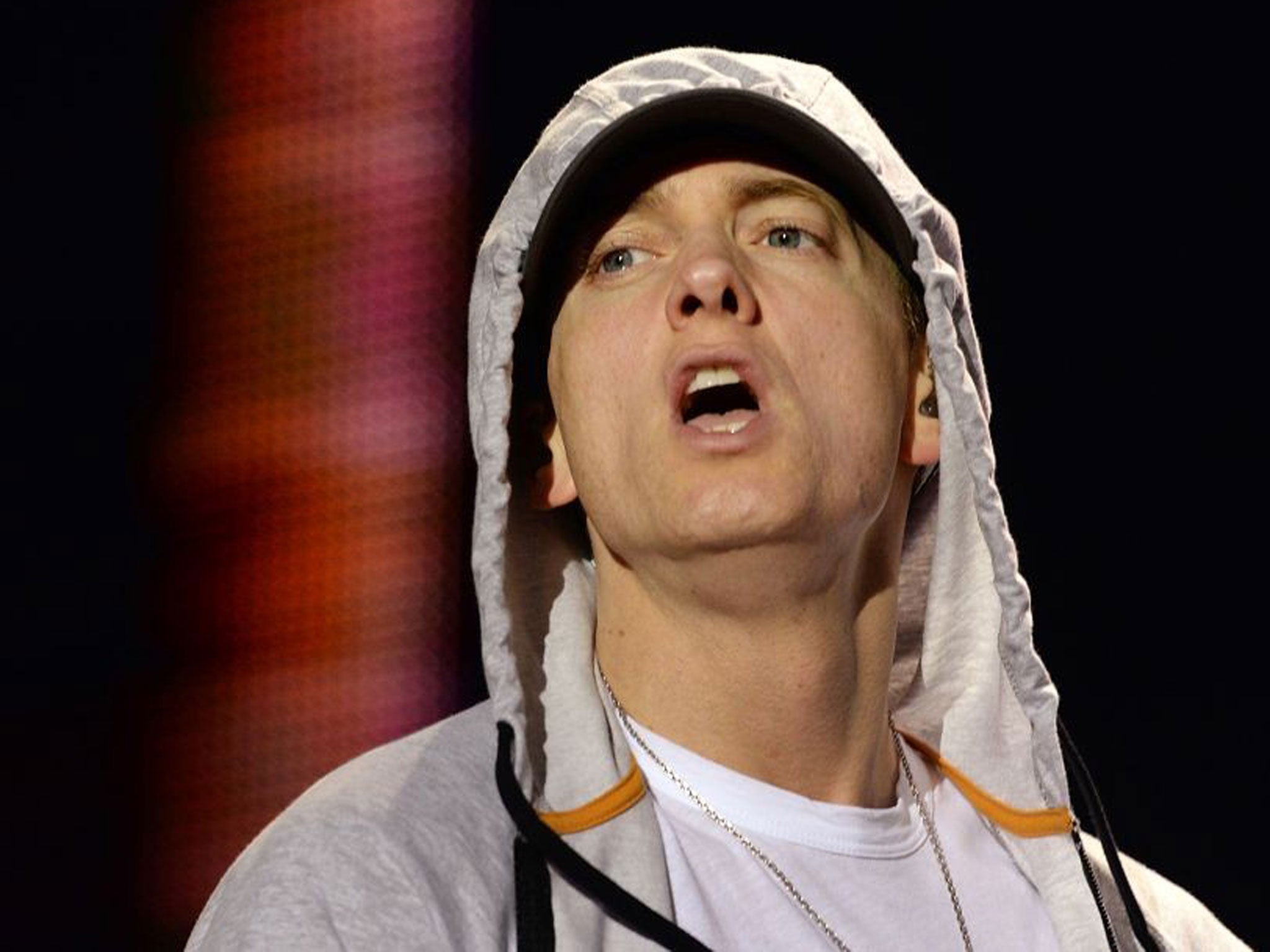
8. **Eminem: The Silent Battle Against a Father’s Media Overtures**Eminem, Marshall Mathers III, has never shied away from using his music to confront the raw, often painful, realities of his life, and his relationship—or lack thereof—with his father, Marshall Bruce Mathers, Jr., is a recurring and central theme. His lyrical honesty, particularly in tracks like “Cleanin’ Out My Closet,” laid bare the deep wounds of paternal abandonment. This estrangement, born from a childhood without his father, became further complicated by his father’s attempts to reconnect and deny responsibility through public channels once Eminem became a mega-star.
Marshall Bruce Mathers, Jr. was largely absent from Eminem’s life, a fact the rapper has vocalized throughout his career. However, as Eminem’s fame skyrocketed in the early 2000s, his father attempted to re-enter his narrative, not privately, but through an open letter published in The Daily Mirror. In this letter, he denied Eminem’s claims of abandonment, instead alleging that the rapper had been “fed lies” by his mother his entire life. This public appeal and denial, rather than a genuine, private attempt at reconciliation, felt like another form of betrayal and exploitation, leveraging his son’s platform to present his own version of events.
Eminem, however, maintained his silence and refused to engage. In a 2010 interview with Anderson Cooper on “60 Minutes,” he directly addressed his father’s excuse that it was too difficult to find him after his mother moved them away. His response was definitive and emotionally charged: “If my kids moved to the edge of the Earth I would find them, no doubt in my mind,” he asserted. “No money, no nothing, if I had nothing I would find my kids.” This powerful statement underscored the depth of his father’s perceived abandonment and his steadfast refusal to validate a public narrative designed to absolve his father of responsibility, highlighting the lasting impact of such deep-seated family issues on a star’s life.
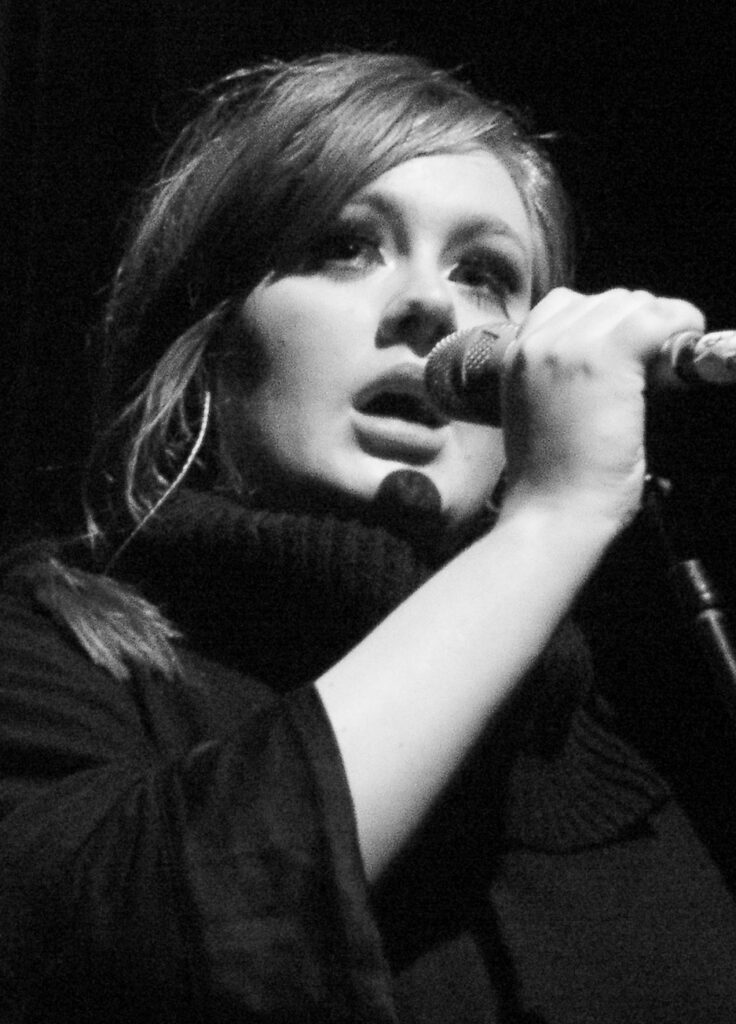
9. **Adele: A Grammy-Winning Public Denouncement and Eventual Peace**Adele, the soulful powerhouse known for her heart-wrenching ballads, harbored a long and publicly fraught relationship with her father, Mark Evans. Her early life was largely shaped by his absence, leading to an initial decision to cut off contact with him in her preteen years. This deeply personal pain spilled into the public arena in ways that highlighted the unique vulnerabilities celebrities face when their private lives become subjects of media exploitation by their own family.
While Adele initially expressed a glimmer of hope for a future friendship, stating to MusicLife, “I’d cut off contact with him when I was ten or 11… I’m sure I will see him again. I think we can be friends. I don’t need him to be a dad now,” this fragile possibility was shattered. Her father, Mark Evans, gave an interview to The Sun, in which he revealed details about his years of alcoholism and shared never-before-seen photos of Adele from her childhood. This act of publicizing intimate family struggles and private images for profit was a profound breach of trust, turning their already strained relationship into a public spectacle of exploitation.
The public impact of this betrayal was perhaps most evident during Adele’s 2017 Grammy acceptance speech for “Hello.” On stage, she tearfully declared her deep gratitude for her manager, Jonathan Dickins, stating, “I owe you everything. We’ve been together for ten years, and I love you like you’re my dad. I don’t love my dad, that’s the thing, so it doesn’t mean a lot, but I love you like I would love my dad!” This raw, public denouncement left no doubt about the depth of her hurt and anger. However, in a testament to the complex nature of family, Adele later shared with Vogue that she had made peace with her father before his passing from cancer, acknowledging, “I know he loved me, and we actually got our peace before he died.” This final chapter offered a poignant resolution to a relationship long burdened by public pain and private struggles.
It’s clear that even the brightest stars aren’t immune to the complexities and heartbreaks of family. These nine mega-stars, each navigating their own unique set of circumstances, remind us that the decision to distance oneself from family is rarely made lightly. From the silent scars of abandonment to the loud echoes of public betrayal and the enduring struggle against exploitation, their stories underscore immense resilience. In an age where every personal struggle can become a headline, their choices—whether for self-preservation, protecting their children, or finding eventual peace—offer powerful insights into the universal human quest for a healthy, unburdened existence, even when the world is watching.” , “_words_section2”: “1945

_Outfit.png)
